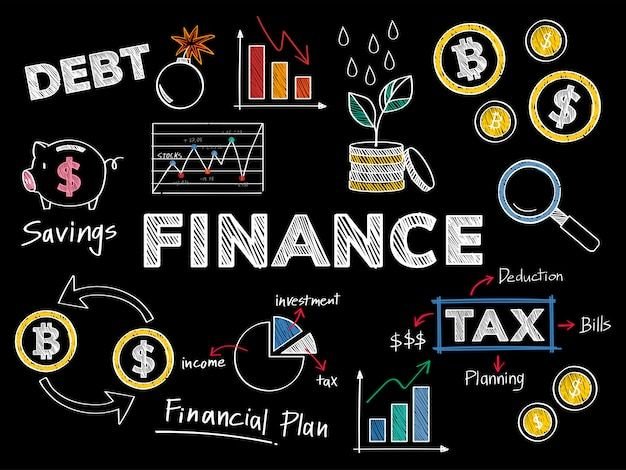
Budgeting is often referred to as the cornerstone of financial well-being, and for good reason. It’s the tool that allows you to take control of your money, align your spending with your goals, and pave the way for financial stability and success. Whether you’re working toward getting out of debt, saving for a dream vacation, or building wealth for the future, a solid budget is the first step to achieving those aspirations.
Why Budgeting Matters
A budget is more than a list of numbers; it’s a reflection of your priorities and a guide to living within your means. Without a budget, it’s easy to lose track of spending, accumulate debt, or miss out on savings opportunities. Here are a few key reasons why budgeting is essential:
- Provides Clarity: A budget gives you a clear picture of where your money is going, helping you identify areas where you might be overspending.
- Encourages Saving: By setting aside specific amounts for savings, you can build an emergency fund, plan for big purchases, and invest in your future.
- Reduces Stress: Knowing you have a plan for your finances can alleviate anxiety and improve overall well-being.
- Helps Achieve Goals: A budget allows you to allocate funds toward your short-term and long-term financial goals, ensuring you stay on track.
Steps to Create an Effective Budget
Creating a budget doesn’t have to be complicated. With a few simple steps, you can design a plan that works for your unique financial situation:
Assess Your Income: Begin by calculating your total monthly income, including your salary, freelance earnings, and any other sources of revenue.
Track Your Expenses: Spend a month tracking every expense, from rent and groceries to coffee runs and streaming subscriptions. Categorize these expenses into fixed (e.g., rent, utilities) and variable (e.g., dining out, entertainment).
Set Financial Goals: Identify your priorities, whether it’s paying off debt, saving for retirement, or building an emergency fund. Your goals will help determine how you allocate your money.
Divide Your Income: Use a budgeting framework, such as the 50/30/20 rule:
- 50% for needs (housing, food, transportation).
- 30% for wants (entertainment, hobbies).
- 20% for savings and debt repayment.
Adjust as Needed: Review your budget regularly to ensure it aligns with your lifestyle and goals. Make adjustments for changes in income or expenses.
Tools and Tips for Staying on Track
Maintaining a budget requires discipline, but there are plenty of tools and strategies to make it easier:
- Use Apps: Budgeting apps like Mint, YNAB (You Need a Budget), or PocketGuard can automate tracking and provide insights into your spending habits.
- Automate Savings: Set up automatic transfers to your savings account to ensure you’re consistently saving without extra effort.
- Create a Buffer: Build a small cushion in your budget to account for unexpected expenses.
- Review Regularly: Dedicate time each month to review your budget and assess your progress toward your goals.
Common Budgeting Challenges and How to Overcome Them
Budgeting isn’t always smooth sailing, but recognizing common pitfalls can help you stay on track:
- Impulse Spending: Avoid temptation by shopping with a list and limiting exposure to advertisements.
- Unrealistic Goals: Set achievable goals and be patient with your progress.
- Irregular Income: If your income varies, base your budget on the average of your lowest-earning months and adjust as needed.
The Long-Term Benefits of Budgeting
When done consistently, budgeting leads to significant long-term benefits, such as:
- Financial Independence: Gain control over your money and reduce reliance on credit or loans.
- Improved Relationships: Money management often reduces financial stress in relationships.
- Future Preparedness: Save for retirement, major life events, and unforeseen emergencies with confidence.
Final Thoughts
Budgeting is not just a financial exercise; it’s a life skill that empowers you to make informed decisions and live in alignment with your values. By taking the time to create and stick to a budget, you’ll build a strong foundation for financial health and unlock the potential to achieve your dreams. Start today—your future self will thank you.
Posted Using InLeo Alpha
Congratulations @babydan! You have completed the following achievement on the Hive blockchain And have been rewarded with New badge(s)
Your next target is to reach 50 upvotes.
You can view your badges on your board and compare yourself to others in the Ranking
If you no longer want to receive notifications, reply to this comment with the word
STOPCheck out our last posts: